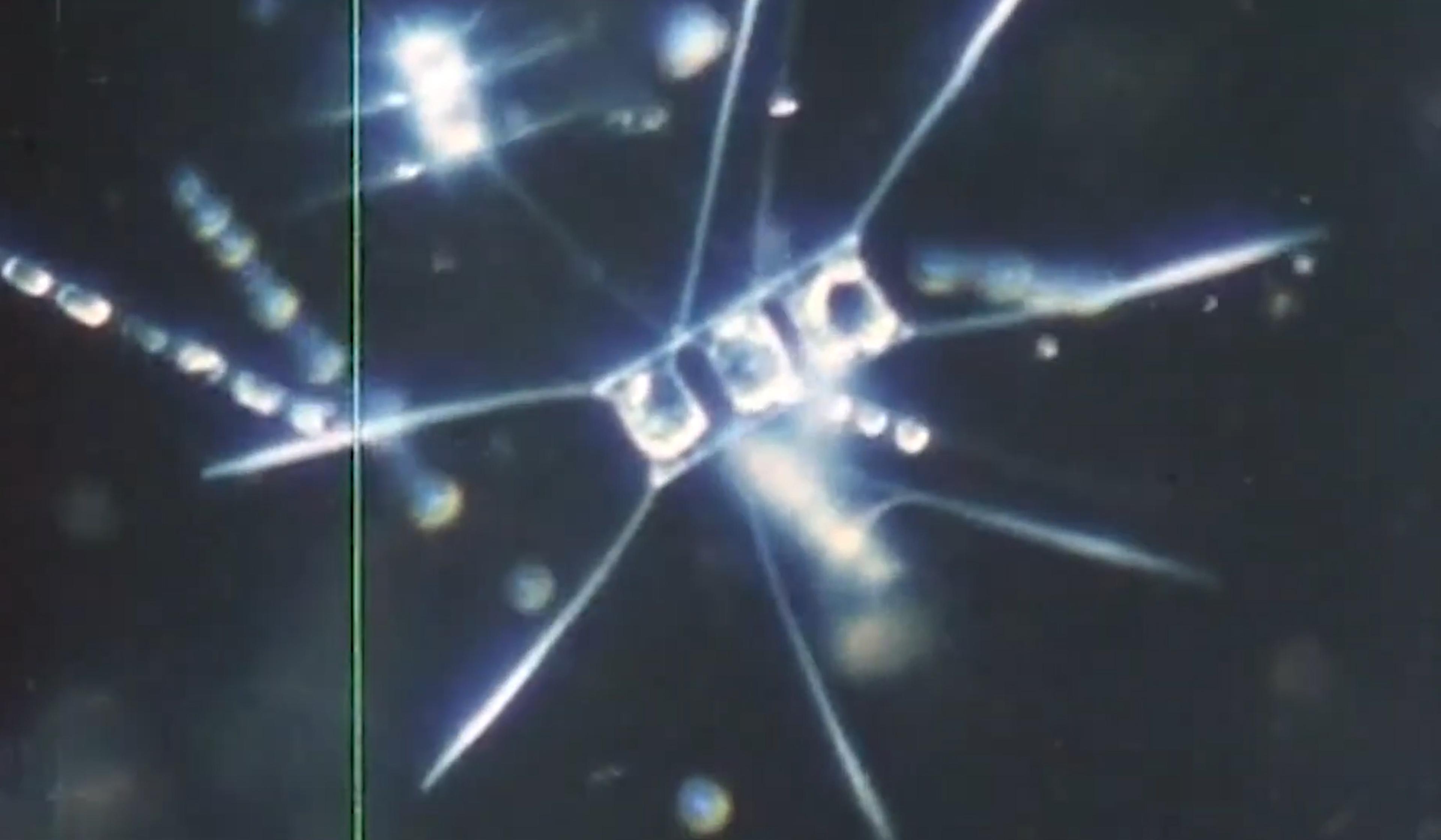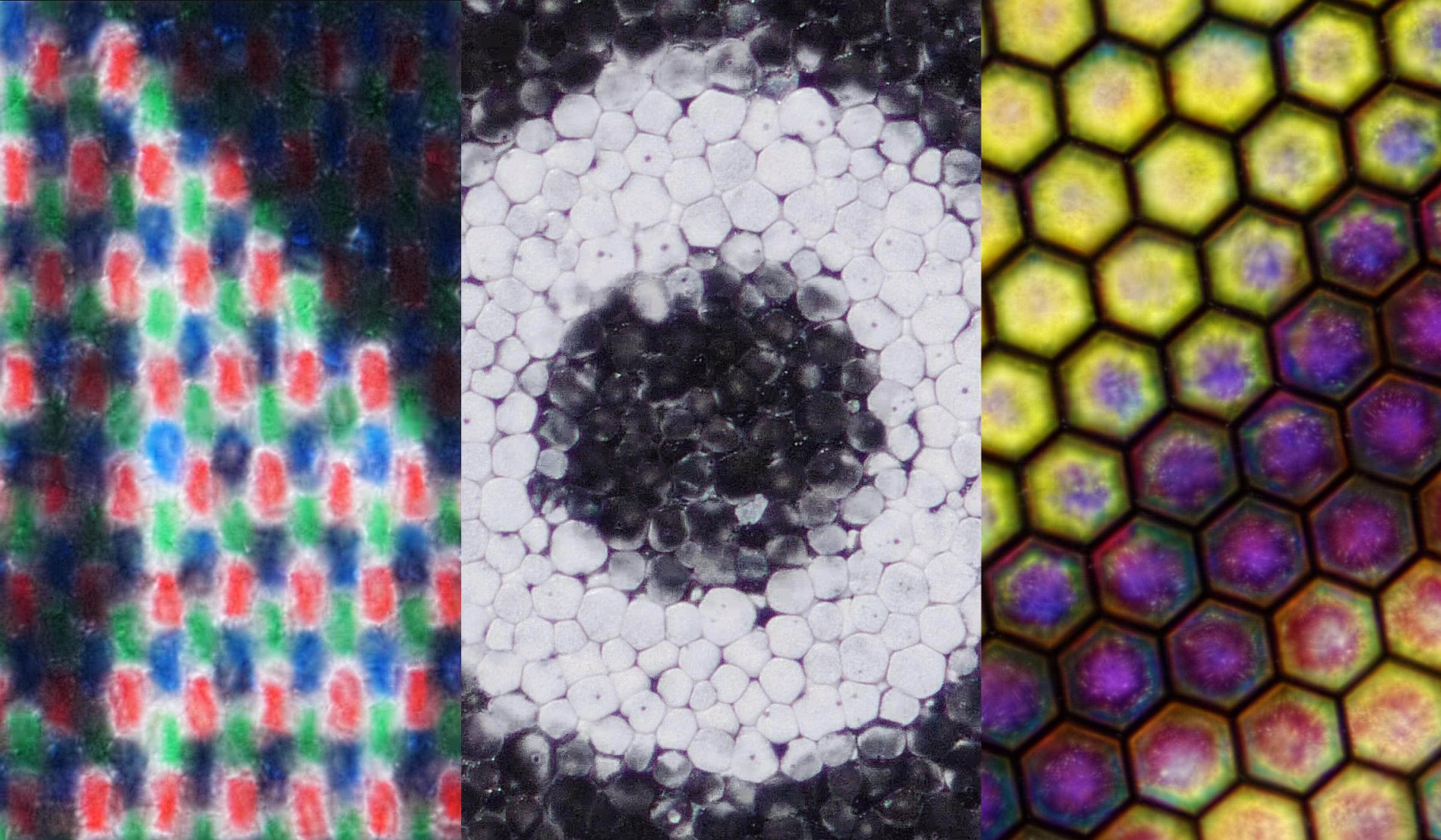Aeon Video has a monthly newsletter!
Get curated editors’ picks, peeks behind the scenes, film recommendations and more.
Will life-forms that can go a century without water save crops from droughts?
Scientists are becoming increasingly determined to find viable, sustainable ways to locate, save and recycle water. One search has led scientists to Tortula ruralis, a moss group capable of surviving as long as 100 years without water. During dry periods, these mosses stop photosynthesising and write a set of genetic instructions so they can spring back to life as soon as a water source returns. Similarly resilient are the microscopic creatures known as rotifers that live inside the moss. Scientists hope they might be able to borrow from the rotifers’ genetic code to engineer crops that could repair themselves after a dry spell.
Producer: Gabriela Quirós
Website: Deep Look

video
Animals and humans
Why be dragons? How massive, reptilian beasts entered our collective imagination
58 minutes

video
Biology
How the world’s richest reds are derived from an innocuous Mexican insect
5 minutes

video
Physics
The abyss at the edge of human understanding – a voyage into a black hole
4 minutes

video
Chemistry
Why do the building blocks of life possess a mysterious symmetry?
12 minutes

video
Cosmology
Tiny, entangled universes that form or fizzle out – a theory of the quantum multiverse
11 minutes

video
Astronomy
The history of astronomy is a history of conjuring intelligent life where it isn’t
34 minutes

video
Metaphysics
Simple entities in universal harmony – Leibniz’s evocative perspective on reality
4 minutes

video
Biography and memoir
Passed over as the first Black astronaut, Ed Dwight carved out an impressive second act
13 minutes

video
Engineering
A close-up look at electronic paper reveals its exquisite patterns – and limitations
9 minutes